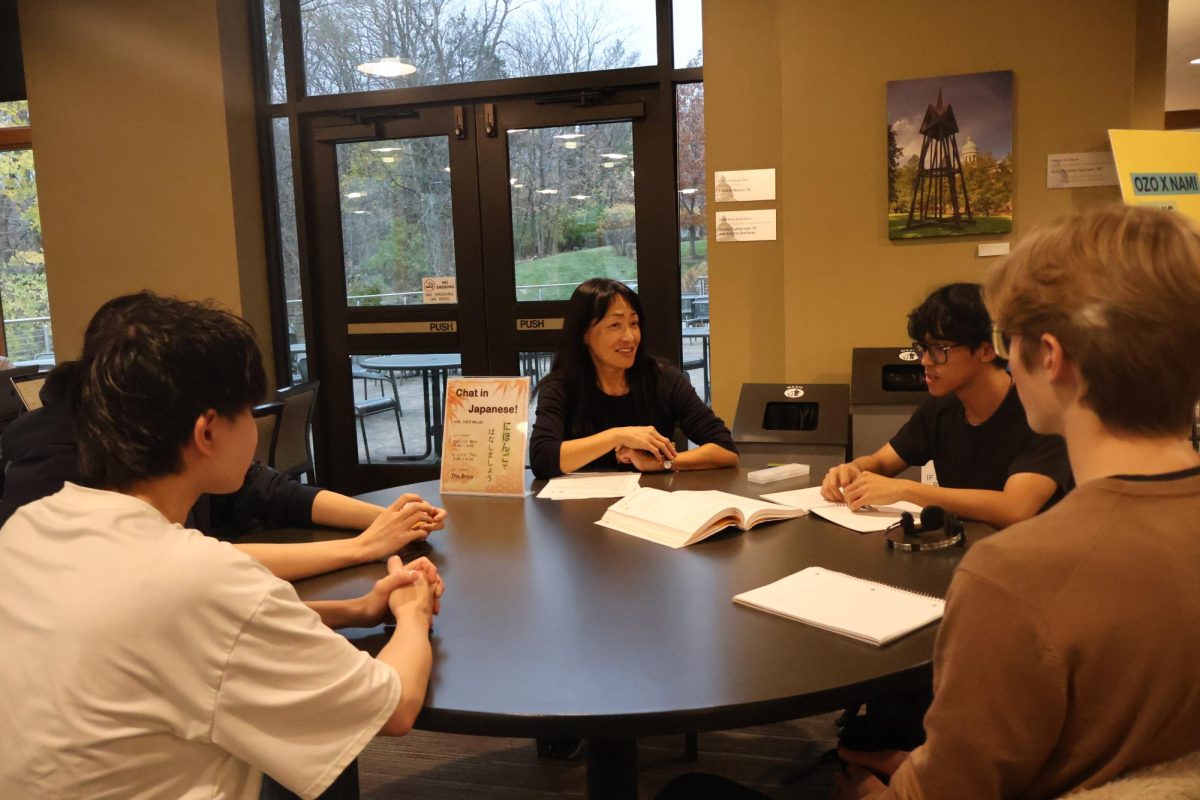Language learning in today’s society is frequently limited to textbooks, memorization and classrooms. However, at Augustana College, active language-focused clubs like the Spanish and French Clubs provide students with opportunities to enhance and cultivate their language skills in engaging, culturally rich environments. These clubs offer ample chances for practical use and cultural immersion, prompting the question: Can they meet Augustana’s language requirement spanning two years?
The conventional language program, lasting two years, is based on acquiring linguistic proficiency and focusing on grammar, vocabulary and communication abilities for students to develop.
Nevertheless, language relies on social interaction to flourish and develop in real-life situations. Language clubs offer exactly that: a dynamic setting for students to practice their language abilities outside of traditional classroom settings.
During club meetings, students participate in informal discussions, acquire idiomatic phrases, delve into cultural practices and enhance their speaking skills—a key but frequently neglected part of learning a language.
For instance, consider the Spanish Club. It often may consider hosting activities such as cooking evenings showcasing traditional Latin American dishes or showings of critically acclaimed Spanish-language films. These instances introduce students to subtleties in language and social backgrounds that cannot be duplicated in textbooks. Likewise, the French Club might organize talks on French literature or visits to Francophone cultural events, allowing members to engage with the language dynamically.
Enforcing a rule that permits joining language clubs to meet the language prerequisite could also encourage involvement. For students unsure about traditional classroom learning, these clubs provide a less stressful but still highly effective way to improve language skills.
They also indicate an increasing acknowledgment in the academic world that hands-on learning is just as important, if not more, than conventional teaching methods. Immersive settings enable students to emotionally engage with the language, enhancing motivation and promoting long-term retention.
This policy change could also increase the availability of language learning for students who struggle in traditional classroom settings. Clubs frequently offer a customizable pace of learning, creating an inclusive environment for students with different language backgrounds. Augustana’s acknowledgment of club involvement as a different route would exhibit its dedication to diversity and creativity in academia.
In addition, this method is in line with Augustana’s goal of developing individuals who are well-rounded and have a global perspective. In an era where intercultural competence is increasingly important, language clubs counting towards the two-year requirement would help develop practical skills and global awareness. Students would not only study subjunctive clauses and conjugation patterns, but also learn how to interact with different communities, understand cultural subtleties and handle practical language difficulties.
Implementing this change would necessitate thorough planning, cooperation and supervision. However, the possible advantages of promoting student involvement, improving language abilities and deepening cultural comprehension make it a suggestion worth pondering.
By rethinking our approach to language education, Augustana can set a positive example by showing that learning is most effective when it goes beyond traditional classroom boundaries. Language clubs provide an effective supplement to formal education by offering hands-on, immersive experiences that equip students to excel in a globalized society, rather than just succeed on exams.












































































































